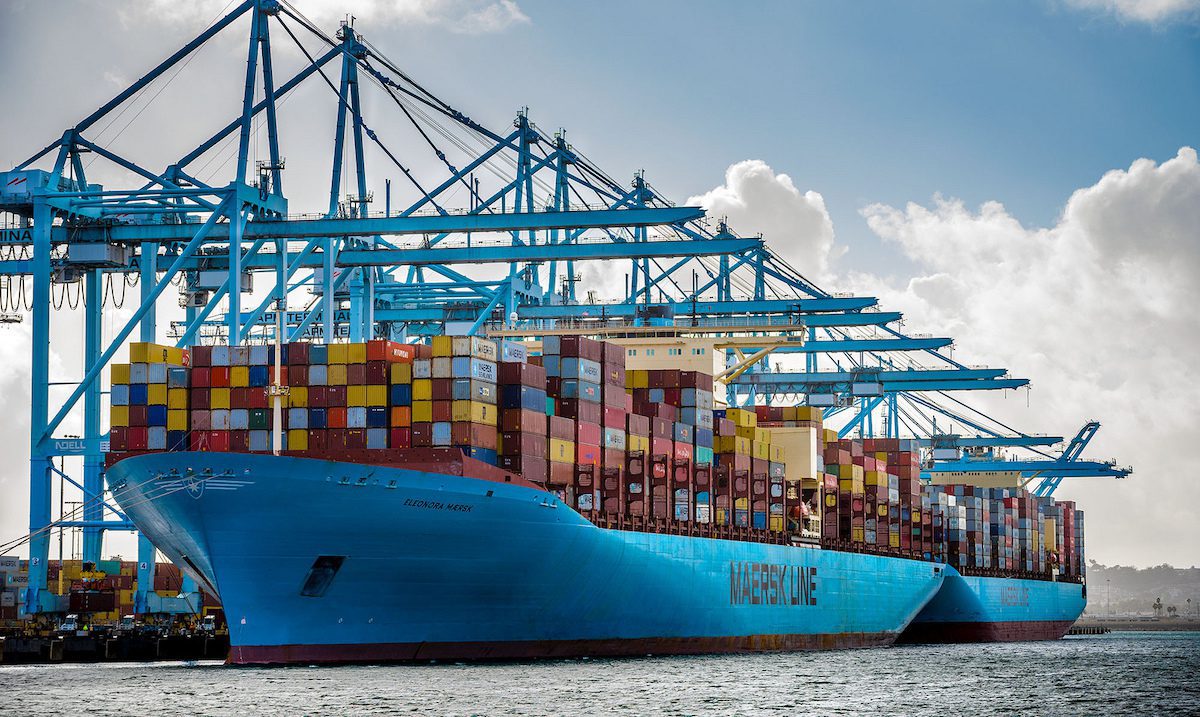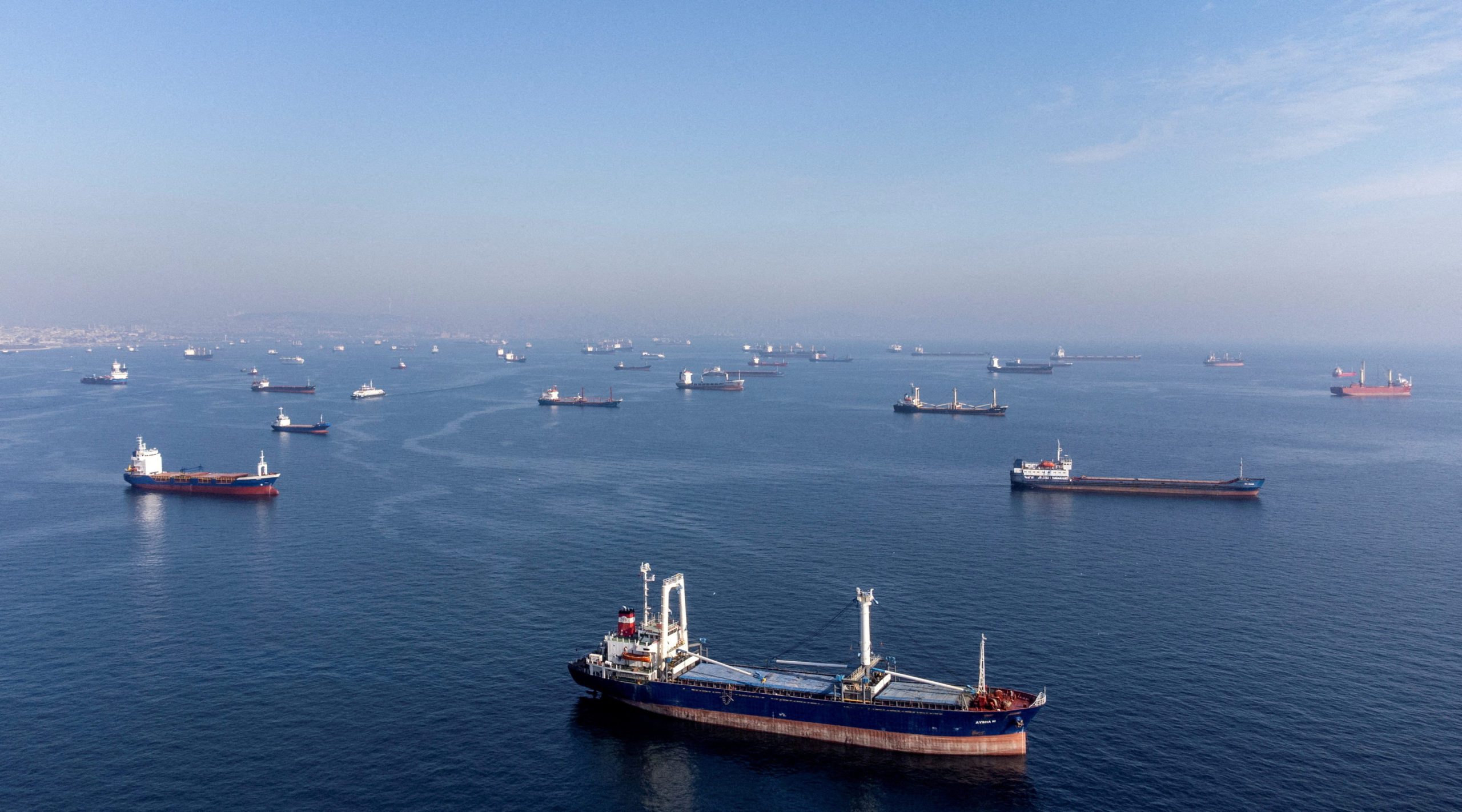A.P. Moller – Maersk, owner of the world’s number two shipping line, reported its best earnings quarter ever in Q1 2022 as strong rates more than offset a dip in container volumes.
The company on Wednesday confirmed first quarter results it preliminarily released last week. In the first three months of the year, Maersk saw a 55% increase revenue, to $19.3 billion. EBITDA more than doubled to a record $9.1 billion and free cash flow increased to $6 billion.
Maersk said the performance was driven by higher rates and strong long-term partnerships with customers seeking end-to-end supply chain support as the ocean transportation giant continues to execute its fully-integrated logistics strategy.
“In Q1 we delivered the best earnings quarter ever in A.P. Moller – Maersk with growth across Ocean, Logistics and Terminals,” said Søren Skou. “The increased earnings are driven by freight rates and by contracts being signed at higher levels. While global supply chains remain under significant pressure, we continue to demonstrate superior ability to help customers overcome logistic challenges.”
In Maersk’s “ocean” segment, revenue jumped 64% to $15.6bn during Q1 as strong rates more than offset a 7%. decline in volumes.
Revenue in Maersk’s “logistics” segment grew to $2.9 billion, a 41% increase compared to same quarter last year. In “terminals”, revenue increased to $1.1 billion in Q1, compared to $915 million last year. Maersk said the return on invested capital (ROIC) ended on a record 12.5% before a $485 impairment with the company’s exit of the Russian market.
“In Logistics, we enjoyed strong demand for products and solutions across our portfolio leading to the 5th quarter in a row with organic growth of more than 30pct. while Terminals presented its best quarter ever,” said Skou.
Maersk said it expects revenue for the full year to continue to be strong as the increase in freight rates on long-term contracts is expected to add approximately $10 billion to its top line in 2022 compared to 2021. “This will more than offset the significant increase in costs, which were up 21% in the first quarter given higher fuel costs and inflationary pressure on network and container handling costs,” the company said.
Freight rates have remained elevated so far this year as Covid-19 and capacity shortages continued to disrupt the supply-side of the logistics industry, Maersk said. Global container demand declined by 1.2%, compared to an increase of 8% in 2021, while global air cargo volumes increased by 2.9%.
Maersk’s announcement flagged flattening trade flow growth from Far East to both North America and Europe as Russia’s invasion of Ukraine has had a negative impact on trade flows and consumer confidence in Europe. The company said due to this, global container demand is now expected to grow -1% to 1%, compared to earlier forecasts of 2-4%
Maersk reiterated guidance issued last week forecasting an underlying EBITDA of around $30 billion, an underlying EBIT of around $24 billion and a free cash flow above $19 billion for the full year of 2022, which would beat out Maersk’s record-setting 2021 resutls.
“This is based on a strong first half of 2022 as well as higher contracted rates, while the normalisation in Ocean is still assumed to take place early in the second half of the year,” Maersk said.

 Join The Club
Join The Club











